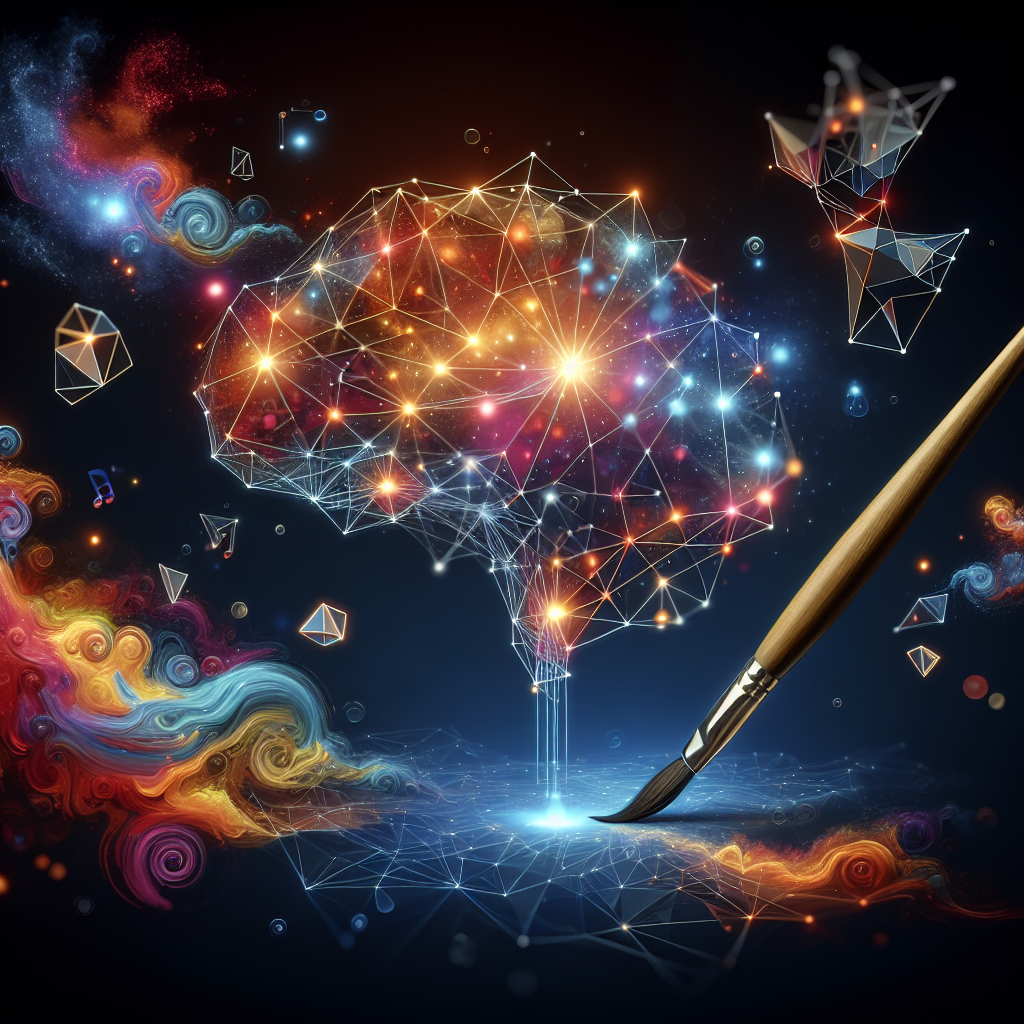Generative AI: Redefining the Creative Process in the Digital Age
In recent years, artificial intelligence has made significant strides in various industries, including the creative sector. Generative AI, in particular, has emerged as a game-changer in the field of digital art and design, redefining the creative process for artists and designers around the world.
Generative AI refers to a type of artificial intelligence that can generate new content, such as images, videos, music, and even text, based on patterns and data it has been trained on. By analyzing large datasets and learning from them, generative AI algorithms can create new and unique pieces of art that mimic human creativity.
One of the most popular applications of generative AI in the creative industry is the creation of deepfake videos and images. These AI-generated media have sparked controversy and raised ethical concerns, but they have also demonstrated the incredible potential of generative AI in creating realistic and compelling content.
But generative AI is not just limited to creating deepfakes. It is also being used in a wide range of other creative applications, such as creating digital paintings, designing logos and branding materials, and even composing music. In fact, some artists and designers are now using generative AI as a tool to enhance their creative process and push the boundaries of traditional art and design.
One of the key advantages of using generative AI in the creative process is its ability to generate a vast number of variations and ideas quickly and efficiently. This can help artists and designers explore new concepts and styles that they may not have considered otherwise, leading to innovative and groundbreaking work.
Furthermore, generative AI can also help streamline the creative process by automating repetitive tasks and freeing up time for artists and designers to focus on more complex and creative aspects of their work. This can lead to increased productivity and efficiency, allowing creatives to produce more work in less time.
However, despite its many advantages, generative AI also raises some concerns and challenges for the creative industry. For instance, there are concerns about the potential misuse of AI-generated content, as well as ethical issues surrounding copyright and intellectual property rights.
Overall, generative AI is redefining the creative process in the digital age, offering artists and designers new tools and possibilities to explore and experiment with. While there are still challenges to overcome, the potential of generative AI to revolutionize the creative industry is undeniable, and it will be exciting to see how artists and designers continue to push the boundaries of creativity with the help of AI.


Leave a Reply